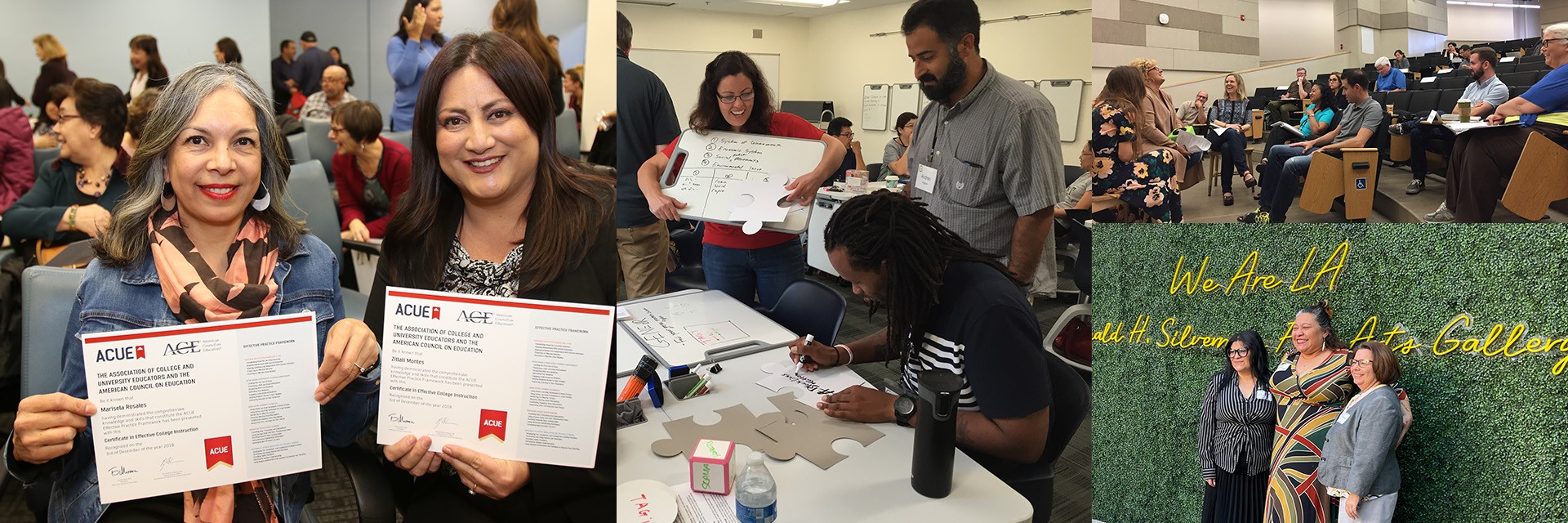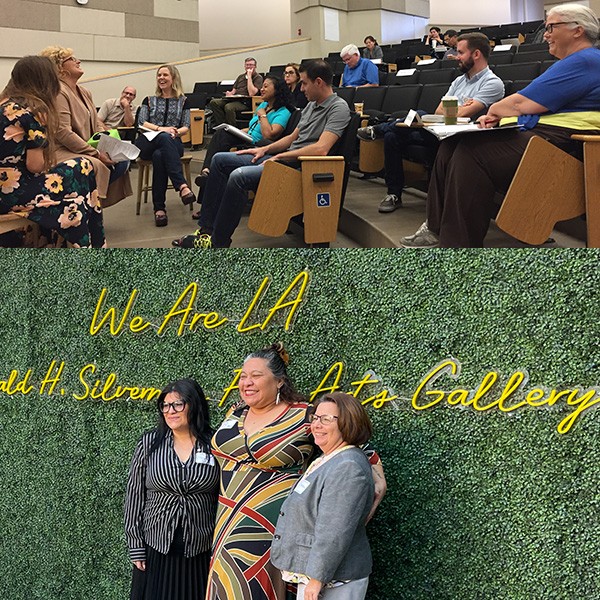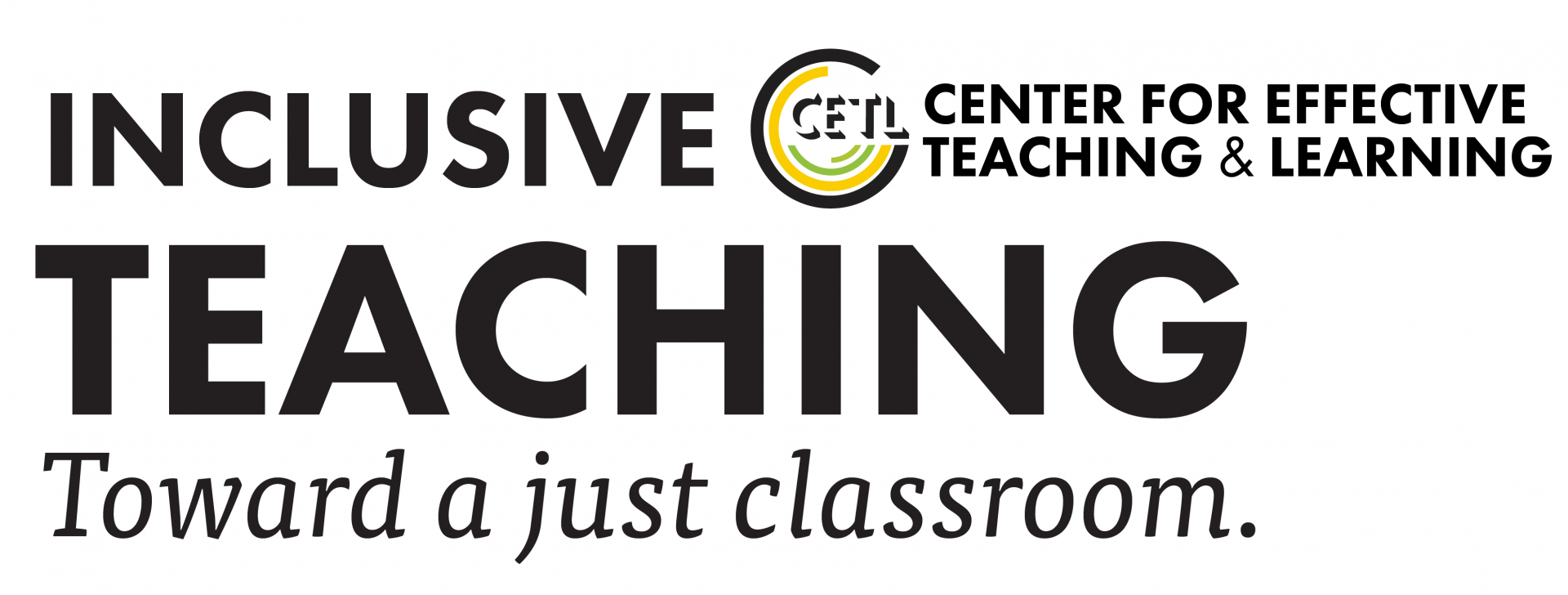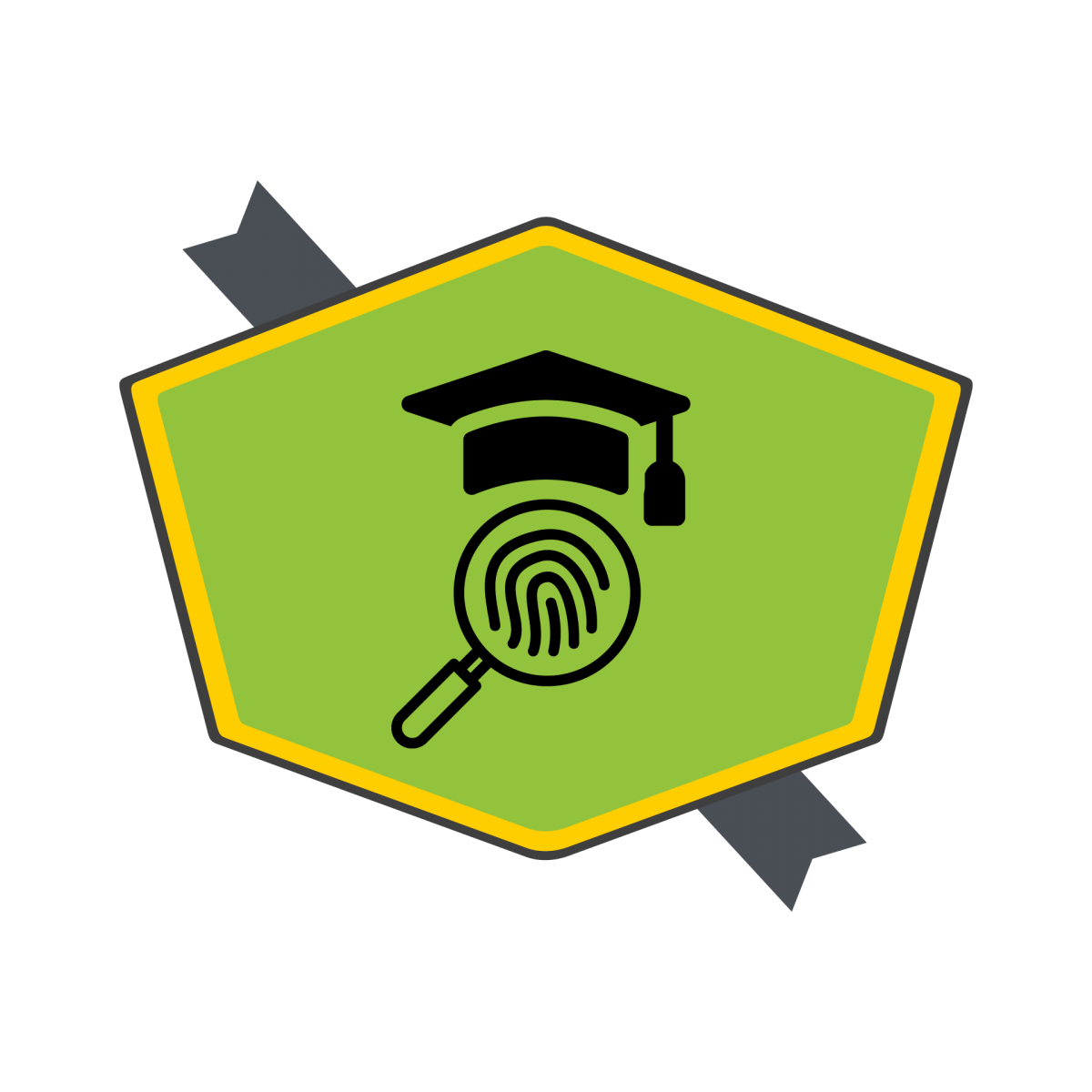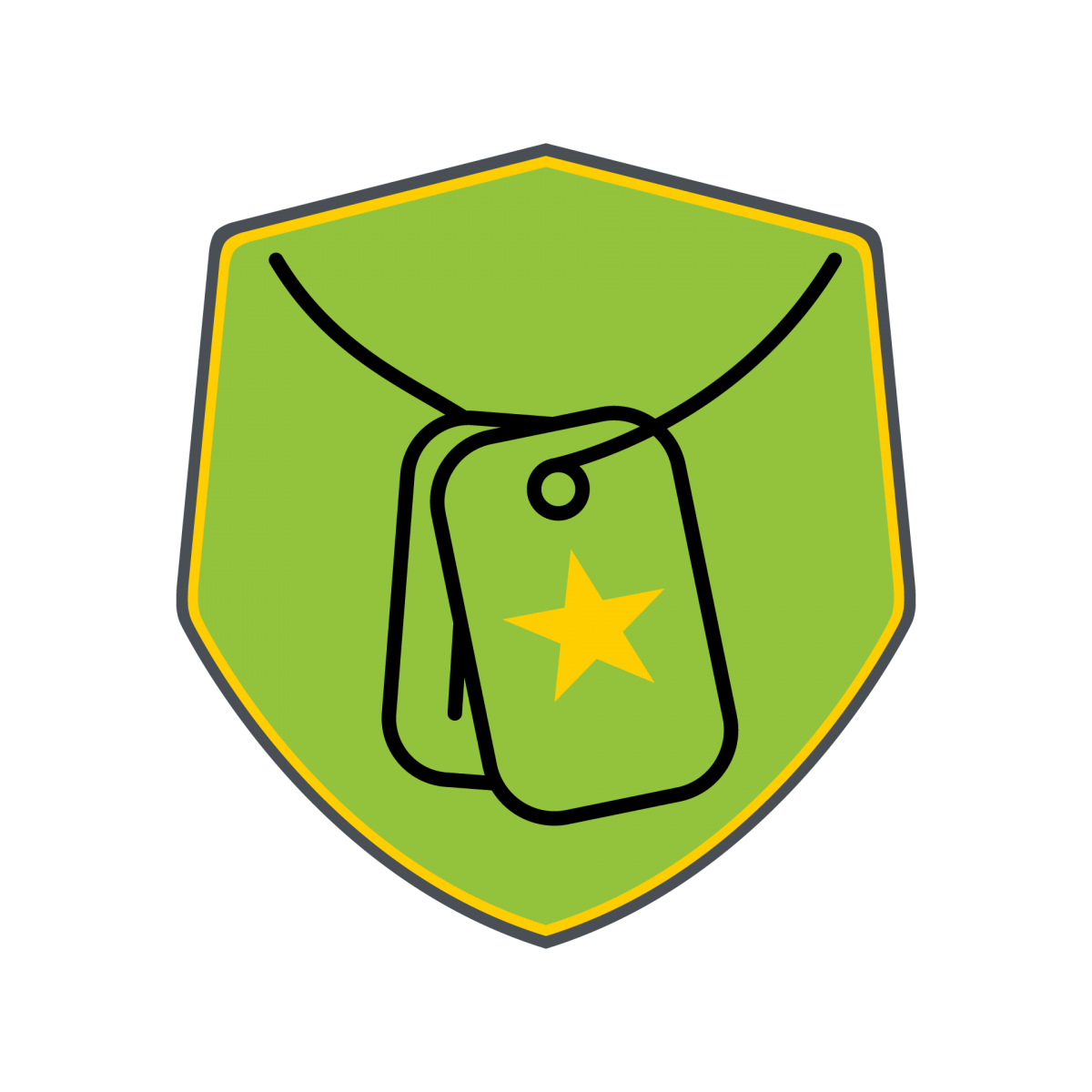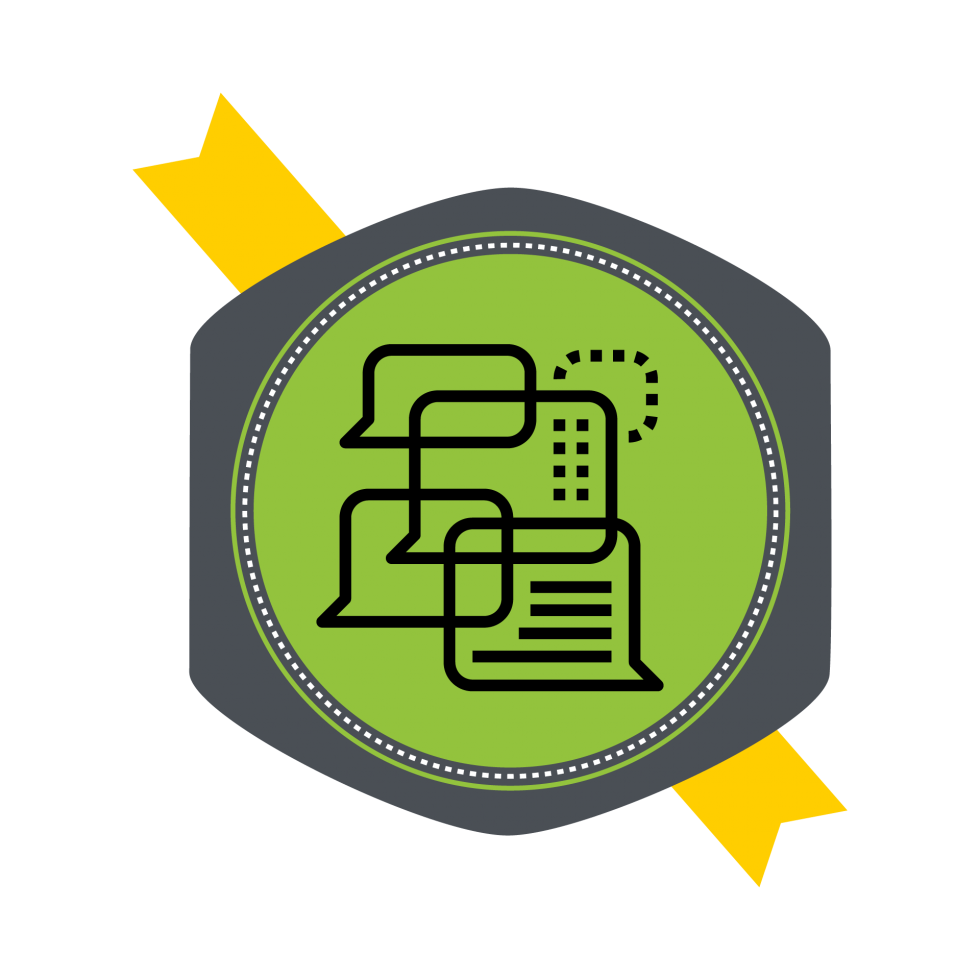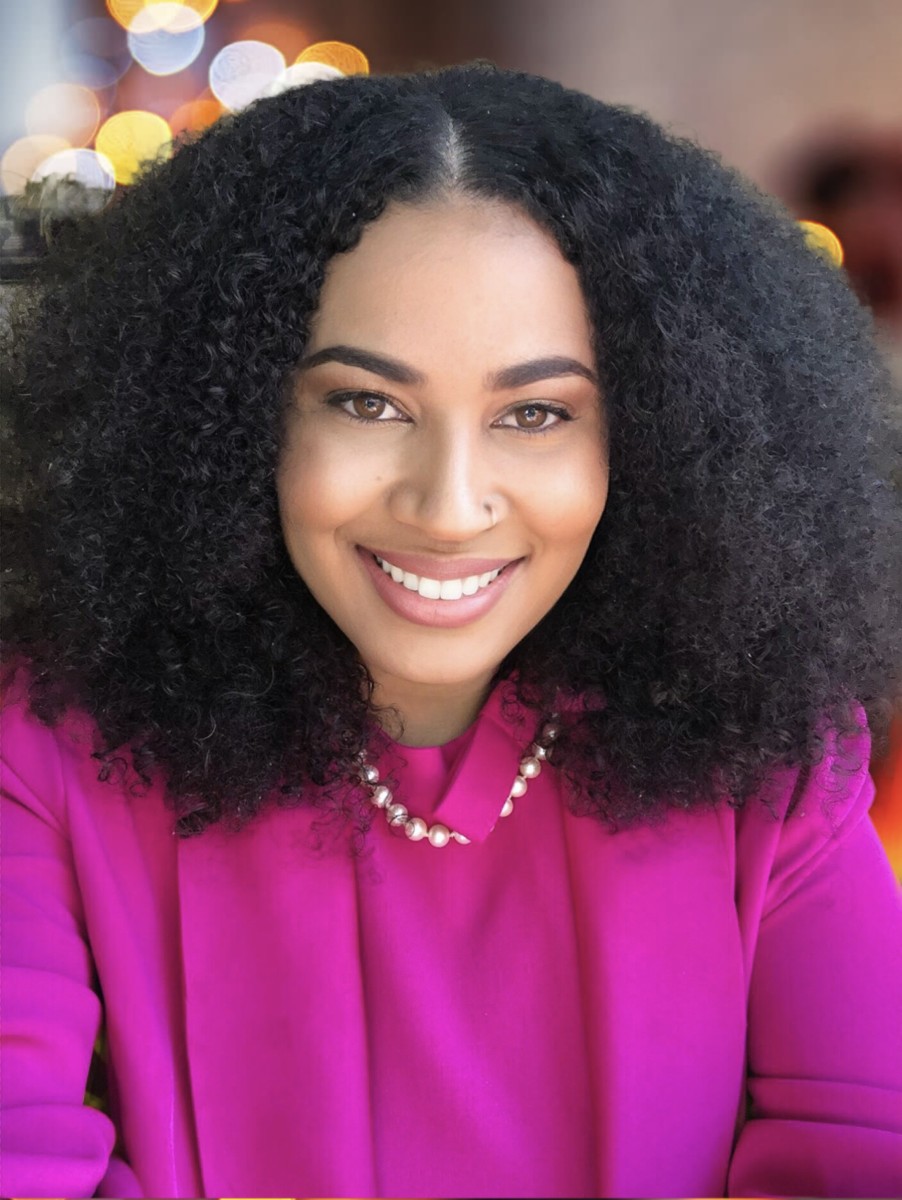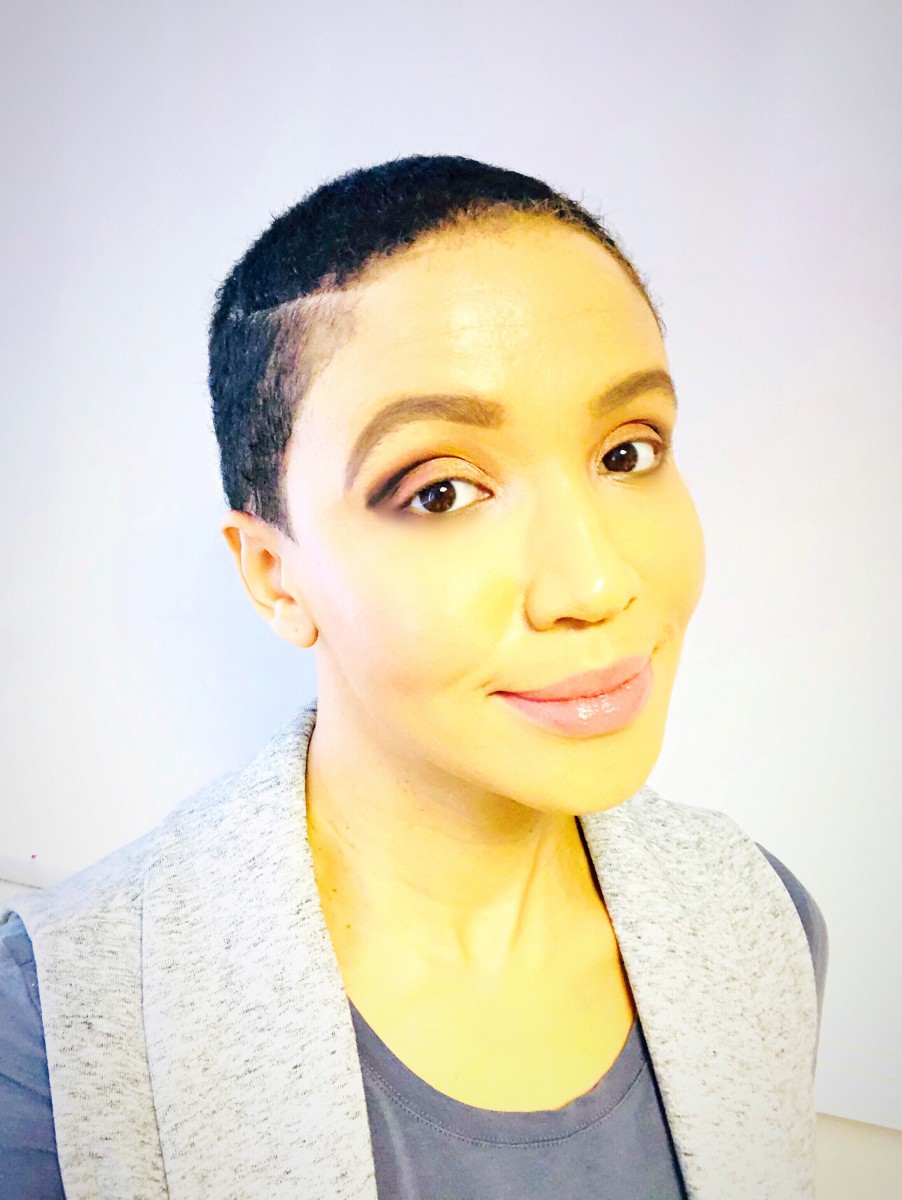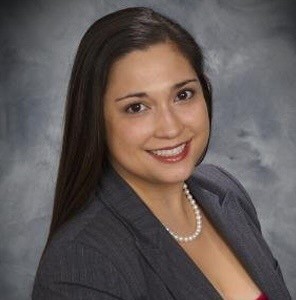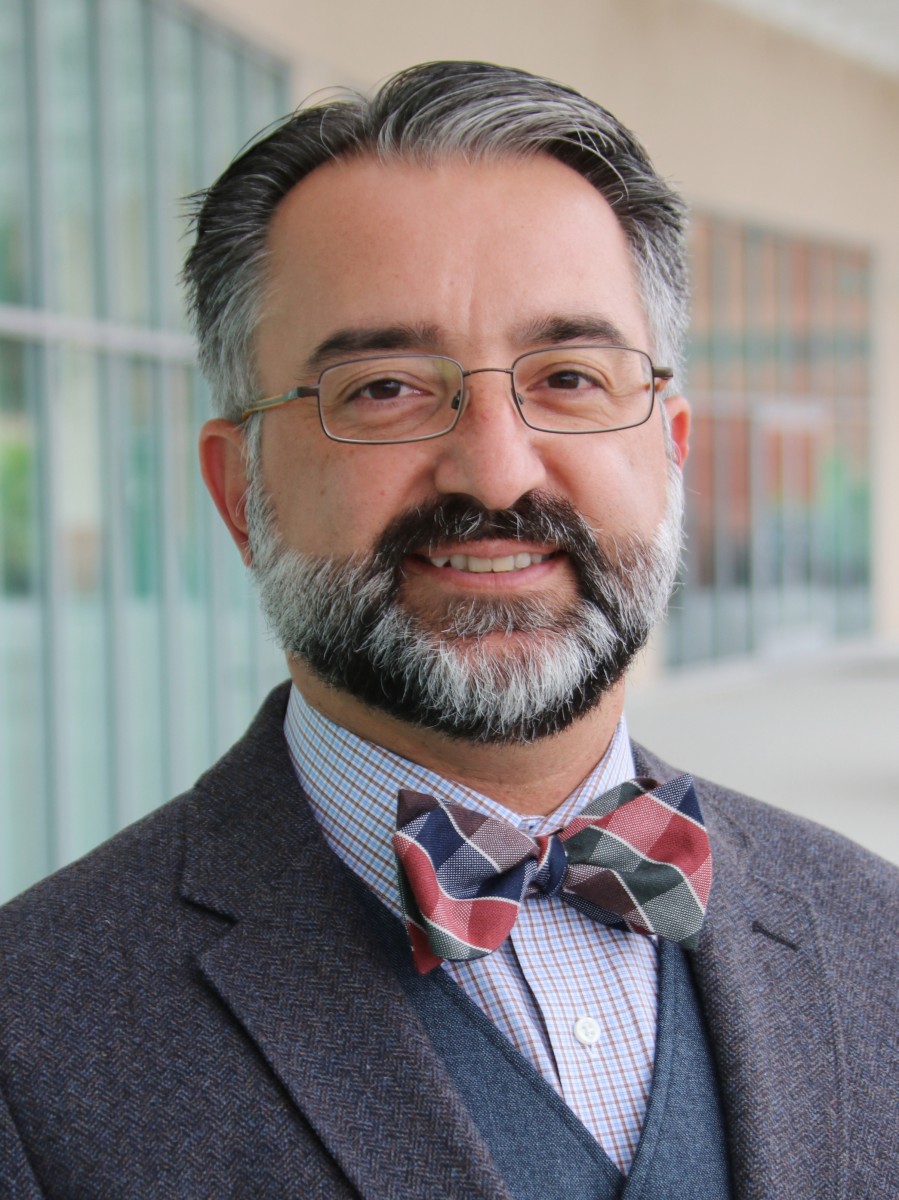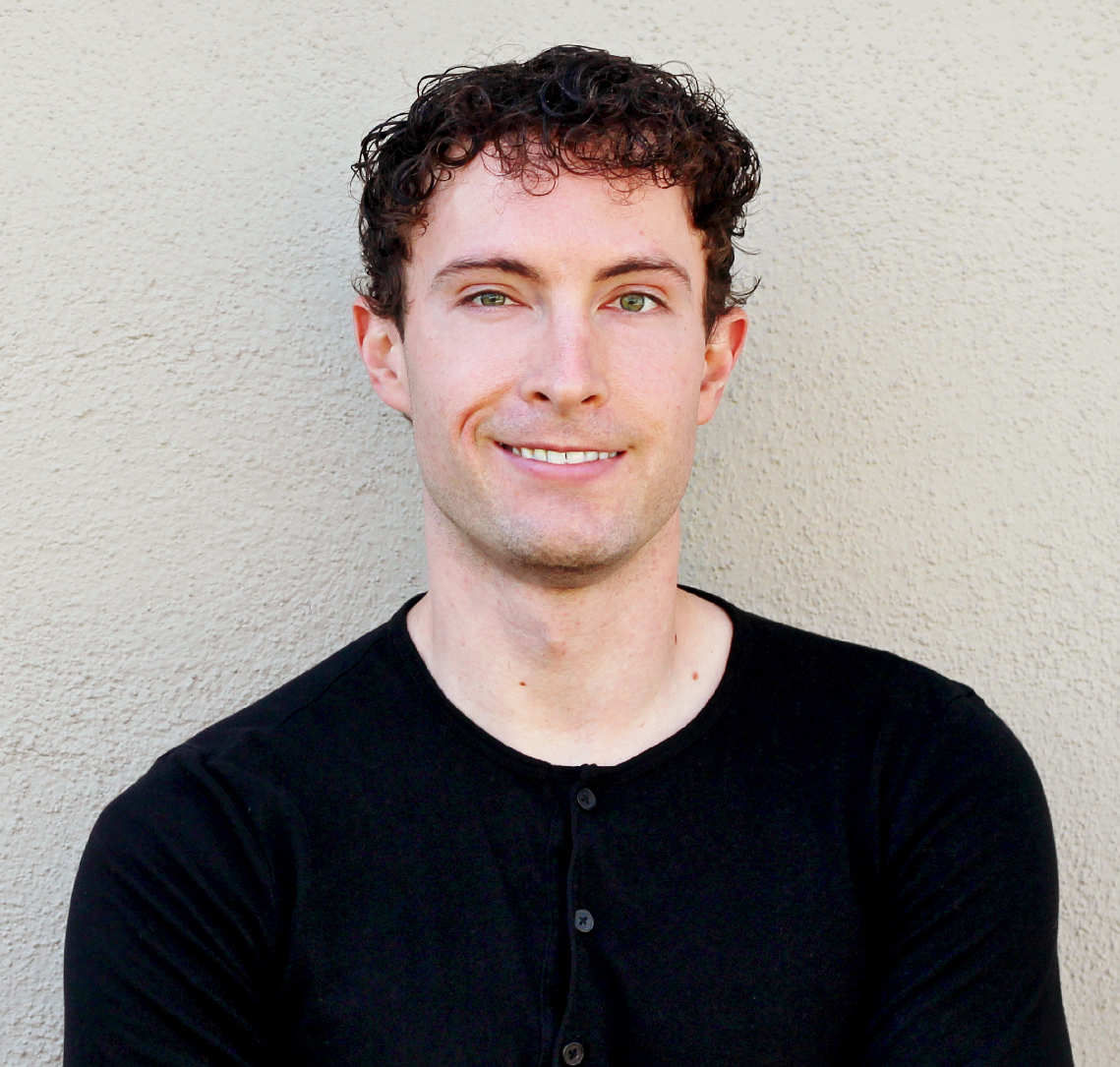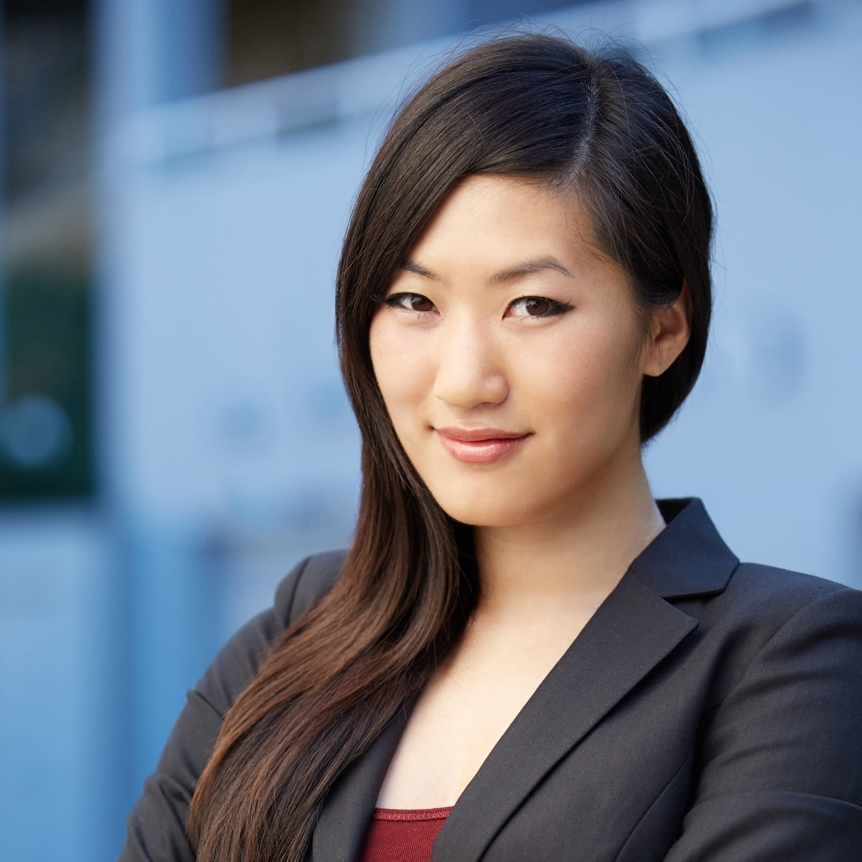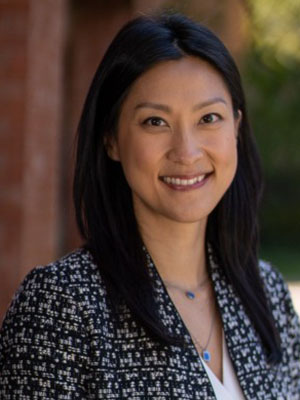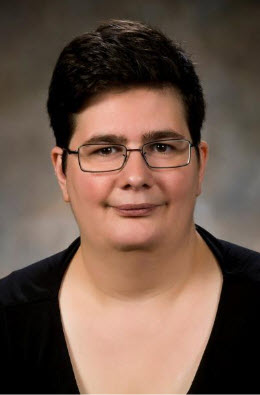Applications Past Due: Thursday, August 29, 2024 by 11:59 PM, PST
NOW CLOSED!
OVERVIEW
Previously offered as an in-person workshop series, the Inclusive Teaching Program is now offered as a fully online certificate program. This online program features seven modules, each dedicated to a specific inclusive teaching topic.
Module activities include a mix of knowledge surveys, online discussions, reflective writing, and plans to implement new teaching practices. Most modules are three weeks long and open Monday. Faculty will complete the fully online modules together as a cohort.
WHO: Any instructor teaching across 2024-2025 who wants to enhance their teaching and course design with diversity, equity, and inclusion practices is encouraged to apply.
WHEN: The program begins week 4 of the Fall Semester, 2024, and concludes May 2, 2025.
WHAT: This online program features seven modules, each dedicated to a specific inclusive teaching topic including teaching identity, first-generation learners, students with disabilities, student veterans, difficult discussions, implicit bias, and faculty self-care. Participants typically spend 3-8 hours each week completing coursework. Upon successful completion, participants earn a program certificate.
HOW: Participants build community as they complete the modules together as an online cohort. Online activities include knowledge surveys, online discussions, reflective writing, and plans to implement new teaching practices. The cohort will meet via Zoom web conference for an orientation Q&A and a short 1-hour session the Thursday or Friday of the week of 2/10.
2024-2025 Program Schedule
Part 1 Fall 2024:
- Your Teaching Identity - 2 Weeks (9/9 to 9/27) (attend a 1-hour Q&A session Thursday, 9/12, 10:00 AM - 11:00 AM)
- Teaching Our First-Generation Students - 3 Weeks (9/30 to 10/18)
- Supporting Students with Disabilities - 3 Weeks (10/21 to 11/8)
- Teaching Our Student Veterans - 3 Weeks (11/11 to 12/6)
Part 2 Spring 2025:
- Leading Difficult Discussions - 3 Weeks (2/10 to 2/28) (attend a 1-hour session Thursday or Friday the week of 2/10)
- Implicit Bias and You - 3 Weeks (3/3 to 3/21)
- Faculty Self-Care - 3 Weeks (3/24 to 4/18)
- Catch Up Week / Final Wrap-Up - 2 Weeks (4/19 to 5/2)
Program Modules
Your values, expectations, and passion are important to your teaching practice. In this module, we will explore your teaching self and how you reach out to students. We will introduce the Inclusive Teaching program as a tool to reflect on your personal teaching and learning journey and chart your progress in this course. You will have an opportunity to articulate your objectives as a teacher and your teaching practice in your Teaching Philosophy statement.
First-generation students anywhere need to learn about the expectations and implicit rules of being in college. First-gen students may not exclusively belong to any racial, ethnic, or socioeconomic group (most first-gen students are white)—but LatinX first-generation students are a force here at Cal State LA. Almost 70% of our students are first-generation. Who are these vibrant students and what do they contribute to our campus experience? How do we become a student-ready campus?
With thanks to Cal State LA student adviser Daniel Andalon.
Students with disabilities are a diverse and growing population at Cal State LA who bring unique experiences and skillsets to our classrooms. Creating an accessible campus that supports our disabled students is an ongoing process that involves multiple campus stakeholders. Faculty play an integral role in accessibility and have the opportunity to proactively create an inclusive classroom that supports and values our students with disabilities.
In this module, we will learn how to connect disabled students to current campus support systems, how to adopt a disability-positive belief system, and how to incorporate accessible, proactive practices into our pedagogy. We will enhance our understanding of teaching that supports spatial accessibility, Neurodiversity, mental wellness, and universal design for learning principles.
Veterans are an identified population within higher education because of their unique culture, experience, and military service. It is important to close the military/civilian divide and recognize the strengths of our student Veterans, improve the cultural understanding of the Veteran population, and in turn improve services and outreach efforts. Focusing on the classroom, we will enhance our understanding of student Veterans and military culture to allow for the design of an academic environment and teaching practices that address the specific needs of Veteran.
As faculty members, we aim to plan as much as possible for the classroom and provide structure to ensure our students learn as much as possible. But inevitably, the unexpected happens and sometimes in seemingly uncomfortable, tense ways. In particular, classroom discussions centered around sensitive and controversial topics that are meant to enrich the learning experience may actually devolve in harmful ways, leaving you and students feeling defeated, unacknowledged, attacked, misunderstood, helpless and drained.
Nonetheless, as faculty we do have a responsibility to create spaces and leverage moments that ensure difficult and sensitive discussions offer potentially transformative experiences. This module on Leading Difficult Discussions is designed to help you do that by providing you with a way to plan for difficult conversations and facilitate them when they come up.
Despite our best efforts, we all have biases. Sometimes we are aware of them, but other times we are not. Although it can be challenging, as educators, we should reflect on our biases and assumptions in the classroom, as it is through awareness that we can control them. For example, do we make more eye contact with certain groups of students than others? Do we assume that our students share our worldview? Biases like these can impact our students’ motivation and result in achievement gaps.
This module seeks to help you identify your possible implicit prejudice, or hidden automatic biases, and how they may influence the classroom. You will learn about the current ways to measure implicit prejudice, reflect on how we develop prejudice, and identify and implement ways to reduce prejudice in your teaching. We hope to encourage an environment where each of you feels comfortable with sharing your views and experiences.
Chronic stress is increasingly prevalent among educators for reasons including, but not limited to: heavy teaching, service, and research loads, and the stressful nature of work. Workloads that exceed our capacity to meet them often lead to work-family conflict. Chronic stress adversely impacts the physical, mental, and emotional health of educators, and our ability to effectively teach students. Prolonged exposure to chronic stress can lead to burnout, characterized by emotional exhaustion, depersonalization, and a diminished sense of personal accomplishment.
Our ability to care for ourselves and create boundaries not only aids us in our personal and professional lives, but sets an example for students to do the same. The practice of self-care has positive effects on mental, emotional, and physical wellness, and can help individuals cope more effectively with experiences that are stressful in nature.
This module will help you assess your current stressors as well as the way you take care of yourself. You will learn about burnout, effective stress coping mechanisms, and how your cultural context and identity affects your perception of self-care. Finally, you will develop a personalized self-care action plan.
Meet Our Contributors
Dr. Portia A. Jackson Preston is an Assistant Professor in the Department of Public Health at Cal State Fullerton (formerly Cal State LA faculty). Her professional background includes Active Steps Coaching (Owner), Deloitte Consulting, the Centers for Disease Control and Prevention, and Procter & Gamble Pharmaceuticals. She received her Bachelors degree from Stanford University, her Masters of Public Health from the University of Michigan, and her Doctorate of Public Health from UCLA.
Dr. Jackson Preston serves as our subject matter expert for the Inclusive Teaching Program module Faculty Self-Care.
Naat Jairam is an Instructional Designer at California State University, Los Angeles. He has received an Instructional Designer Certificate from the Online Learning Consortium and a Higher Ed Peer Reviewer Course Certificate from Quality Matters. Structure, flexibility, faculty-student interaction, community, and narrative are important parts of his consultations, workshops, and materials.
Naat served as a consultant on Teaching Identity and Teaching Our First-Generation Students.
Arcadia Le Vias Chukwudifu, M.A., was an Instructional Designer at CETL and the Lead Facilitator for the Inclusive Teaching Program. She has received an Instructional Designer Certificate from the Online Learning Consortium and a Higher Ed Peer Reviewer Course Certificate from Quality Matters. Previously Le Vias Chukwudifu worked as an eLearning Specialist and Peer Mentor with CETL and as a part-time Lecturer in the Department of Pan-African Studies at Cal State LA. She has taught classes on topics including Racial Equality and the U.S. Constitution, African American History, and Black and Latino and Latin American Relations. As a CETL Peer Mentor, she found meaningful and effective ways for faculty to adopt and implement inclusive teaching practices that promote equity.
Le Vias Chukwudifu has contributed to the Inclusive Teaching series, and the Teaching Our First-Generation Learners module in particular, due to her interest in cultural relevance, asset-based pedagogies, and student success.
Dr. Marla A. Parker is an Assistant Professor in the Department of Political Science, where she teaches both undergraduate political science and graduate public administration courses. Her research interests include diversity and inclusion as well as cultural competency issues in STEM higher education and public affairs. Her participation in this course reflects her desire to see paradigm shifts in how student voices are included and valued in classroom. By facilitating difficult conversations, she hopes that both students and teachers can create a space of positive empowerment that has implications beyond the classroom.
Dr. Parker serves as our subject matter expert for the Inclusive Teaching Program module Leading Difficult Discussions.
Dr. Kristina Ruiz-Mesa is an Associate Professor of Communication Studies and the Basic Course Director for COMM 1100: Oral Communication at California State University, Los Angeles. She earned her Ph.D. in Communication, with a focus on issues of identity and higher education, from the University of Colorado at Boulder. Dr. Ruiz-Mesa directs one of the largest oral communication programs in the nation.
Dr. Ruiz-Mesa is a longtime contributor to CETL programming, including leading diversity training at new faculty orientation, contributing as an expert reviewer to ACUE, and developing the initial programming for Inclusive Teaching.
Jeff was the Senior Instructional Designer and currently is the Interim Associate Director of Academic Technology at California State University, Los Angeles. Working in the Center for Effective Teaching and Learning, he consults with university faculty in the redesign of courses for hybrid and online, while addressing equity gaps in student success. To date, Jeff has helped faculty build over 200 hybrid and online courses. Jeff is a featured expert in the Association of College and University Educators' program on course design. He is also an emerging expert in enhancing inclusive teaching practice through online course design.
Jeff received his BFA in Photography and Imaging from Art Center College of Design, a Career and Technical Education teaching credential from University of San Diego, and a Master's degree in Education and Human Development from The George Washington University.
His professional affiliations include the Quality matters Instructional Designers Association, and the Online Learning Consortium's Institute for Emerging Leadership in Online Learning.
Jeff is lead designer and project manager for the Inclusive Teaching Program.
Dr. Tayyeb is a United States Navy Veteran, and served as a Fleet Marine Force Corpsman with Naval Medical Center San Diego, 1st Marine Division, and 3rd Marine Division. After 10 years of enlisted service, Dr. Tayyeb pursued his career as a Registered Nurse, earning his Bachelor’s and Master’s degree in Nursing from California State University, Los Angeles and his Ph.D. from the University of San Diego. Dr. Tayyeb is Nationally Board Certified as a Nursing Professional Development Specialist, is a Jonas Center Veterans Healthcare Scholar, and currently holds a position as an Assistant Professor at the Patricia A. Chin School of Nursing at California State University, Los Angeles. Dr. Tayyeb’s research is Veteran centric with a focus on the Veterans lived-experience. Dr. Tayyeb’s work has resulted in numerous collaborations, presentations, citations, and media coverage with such institutions as the U.S. House Committee on Veterans Affairs, Vietnam Veterans of America, Yale and Boston University school of law, and the Cost of War Project at the Watson Institute for International & Public Affairs at Brown University.
Dr. Tayyeb serves as our subject matter expert for the Inclusive Teaching Program module Teaching our Student Veterans.
Dr. Carl Schottmiller is currently an Instructional Design with CETL. In the past, he has been a Faculty Fellow for Accessibility with CETL and a Lecturer in the Department of Liberal Studies and Women's, Gender, and Sexuality Studies Program at Cal State LA. He has taught courses in Disability Studies at UCLA and Cal State LA, focusing on topics including Perspectives on Disability, the College Mental Health Crisis, Disability Civic Engagement, and Inclusive Disability Pedagogy. His research in Cultural Studies focuses on disability representation, disability pedagogy, and LGBTQ+ cultural production. As CETL's Faculty Fellow for Accessibility, he is contributing to the Inclusive Teaching series, providing consultation on University initiatives for accessibility, collaborating with CETL to design new programming on accessibility, and providing Faculty with individual consultations throughout the semester. Faculty who wish to learn more about Disability Studies, inclusive disability pedagogy, or designing accessible courses are highly encouraged to contact Dr. Schottmiller for a consultation.
Dr. Schottmiller serves as our subject matter expert for the Inclusive Teaching Program module Supporting Students with Disabilities.
Dr. Karen Wu is an Assistant Professor in the Department of Psychology. Her research focuses on culture and interpersonal relationships, including intergroup relations. She is contributing to the Inclusive Teaching series due to her interest in improving relationships between students and teachers, and enhancing student learning. She also desires to further our understanding of biases in the classroom.
Dr. Wu serves as our subject matter expert for the Inclusive Teaching Program module Implicit Bias and You.
Inclusive Teaching Task Force (2017-2018)
October 2017, Dr. Octavio Villalpando, Vice President for Equity, Diversity & Inclusion, convened an advisory of Cal State LA faculty to address issues of inclusion, equity, and diversity in campus classrooms.
We had been hearing from faculty since the general election of 2016: Many faculty reported increased incidents of disruptive classroom behaviors, while others felt the need to be better allies to their students.
Based on Advisory input, a series of workshops was created and delivered by Advisory members in Spring 2018. Since the series was not scalable—and we were unable to serve our many hundreds of lecturers who were physically unable to come to the Center for this programming—we took the program online.
Our deepest thanks to original Advisory members, and contributors, below.
- Kevin Baaske, Professor of Communication Studies
- Alex Espinosa, Professor, TV Film
- Catherine Haras, Executive Director, Center for Effective Teaching and learning
- Rika H. Houston, Professor of Marketing
- Allison Mattheis, Associate Professor, Applied and Advanced Studies in Education
- ChorSwan Ngin, Professor of Anthropology
- Marla Parker, Assistant Professor of Political Science
- Portia Jackson-Preston, Assistant Professor of Public Health
- Kristina Ruiz-Mesa, Assistant Professor of Communication Studies
- Michael Soldatenko, Professor of Chicano/a Latino/a Studies
- Tasha Willis, Assistant Professor of Social Work
